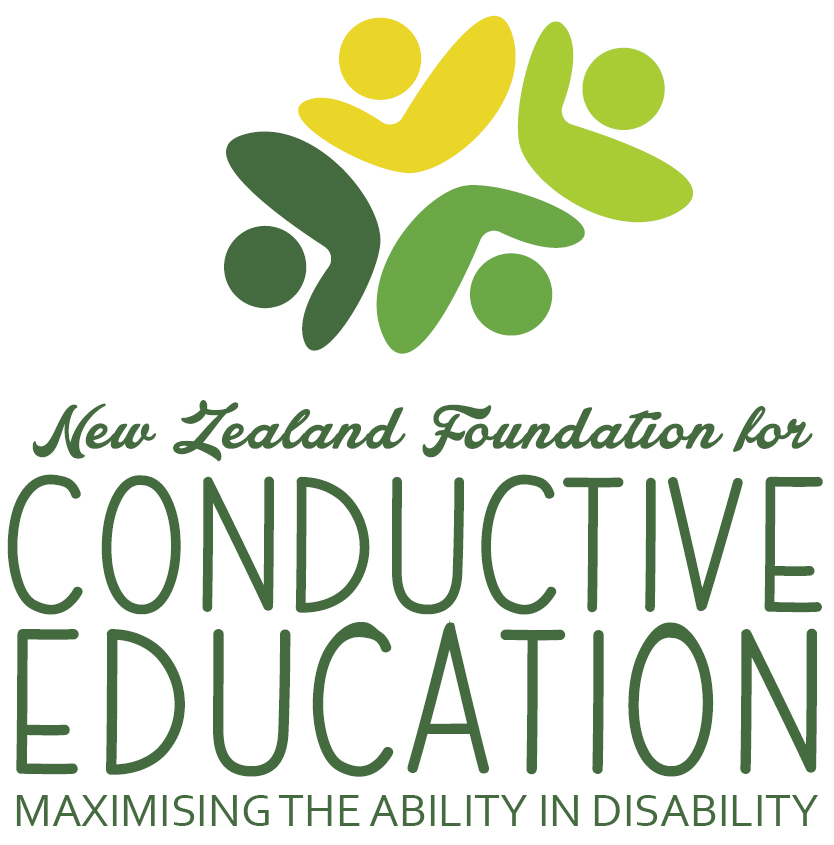History
Conductive Education was developed by Professor Andras Peto (1893 – 1967), a Hungarian physician who studied rehabilitation techniques prior to the Second World War. In 1945 with the support of the the Hungarian Government he began to work with motor-disordered children. In 1958 he became a Professor at the Special Education College and in 1960 the National Motor Therapy Institute was opened under his direction. In 1963 Professor Peto’s work achieved major recognition in Hungary. The Institute was transferred to the Ministry of Education and Conductor Training was formally recognised and developed into a degree course. From 1968 all Hungarian physicians were required to register children with motor disorders with the Peto Institute.
On Peto’s death in 1967 his protégé, neurologist Dr Maria Hari, was appointed Director and under her direction the Peto Institute moved to a new and larger building and developed programmes for children with spina bifida and out-patient adult groups.
The four-year Conductor training course was delivered at the Peto Institute giving graduates a teaching qualification to teach in regular schools as well as the Conductor Training qualification.
Conductive Education was developed on the premise of what we now call neuroplasticity – the ability for the brain to rewire itself – a process which is well researched and accepted internationally.
Conductor training is now delivered at the Andras Peto Faculty, at Semmelweis University in Budapest, at the National Institute for Conductive Education in Birmingham and Aquinas College, Grand Rapids, USA.
In the 1980s after a British documentary called “Standing up for Joe” was televised foreign children began to attend the Peto Institute, including from New Zealand.
Families returning home began working towards getting Conductive Education available in NZ which led to the development of centres throughout the country.
Since coming to New Zealand the programmes have evolved to reflect New Zealand culture and to align with our education system.
During this time it has been recognised that the holistic nature of Conductive Education – looking at the individual as a whole – can benefit many more conditions than traditional motor disorders. In line with this staff employed by Conductive Education centres are constantly developing their practice in order to meet the ever-changing needs of the communities we support.
